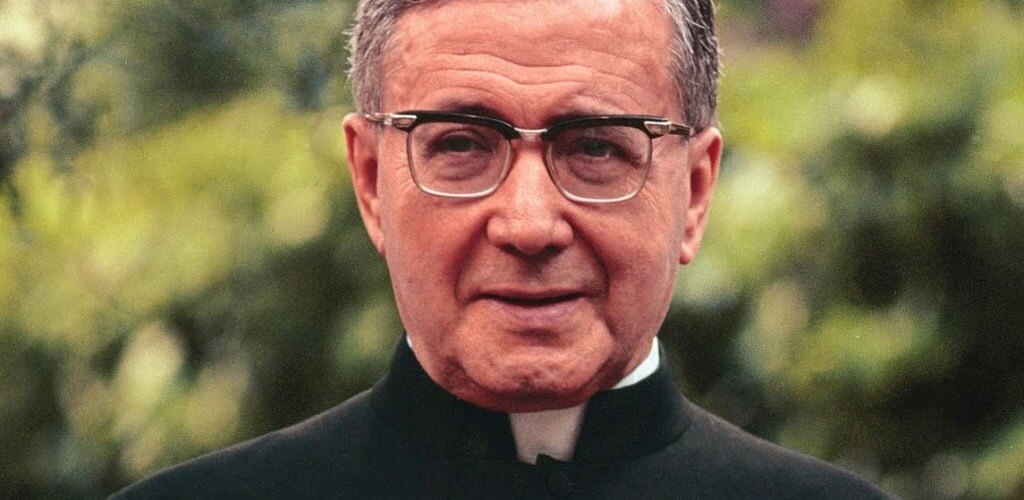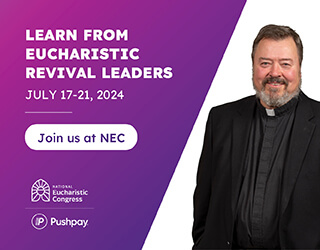The right to the exercise of freedom, especially in moral and religious matters, is an inalienable requirement of the dignity of the human person. This right must be recognized and protected by civil authority within the limits of common good and public order (CCC 1738).
St. Josemaría had a great love for freedom, while insisting that we respect the freedom of others. Once while reading an article of a member of Opus Dei that contained an ad hominem attack against another person, he said: “How can I defend the freedom of my children, if my children do not first defend the freedom of others. You can speak the truth and counter bad things with lofty arguments, without degenerating to low blows… We cannot have two standards: one standard for ourselves, and another for others. No, my children. We only have one standard, that of Jesus Christ” (see P. Urbano, Man of Villatevere).
His great love for freedom led St. Josemaría to defend the freedom of those who opposed him. Yet he was also challenged secularized society that would silence Catholics and take away our freedom. As he wrote:
We cannot just sit back and fold our arms when a subtle persecution condemns the Church to die of starvation, putting it outside the sphere of public life, and above all obstructing its part in education, culture and family life. These are not our rights; they are God’s. He has entrusted them to us Catholics to exercise them! (Furrow, 310).
Under the guise of “separation of Church and State,” many are trying to silence the Catholic Church in its stance on morality, saying that Catholics must not bring their “judgmental” beliefs into the public sphere. But St. Josemaría opposed this old-fashion heresy:
Non-sectarianism. Neutrality. Those old myths that always try to seem new. Have you ever bothered to think how absurd it is to leave one’s Catholicism aside on entering a university, or a professional association, or a scholarly meeting, or Congress, as if you were checking your hat at the door? (The Way, 353).
A good Catholic ought to be a good citizen, a good politician, a good father, etc. In fact, the better one lives one’s Catholic faith the better one will be. There is absolutely no opposition between our faith and serving civil society faithfully. So, the Church and State have no reason to clash exercising their respective authorities, in fulfillment of the mission God entrusts to them.
Those who affirm the contrary are liars, yes, liars! They are the same people who honor a false liberty, and who ask us Catholics “to do them the favor” of going back to the catacombs (Furrow, 301).
It is a kind of schizophrenic existence to separates our public activity from our “private” beliefs and religion. The Second Vatican Council condemned this way of thinking: “One of the gravest errors of our time is the dichotomy between the faith, which many profess, and their day-to-day conduct” (Gaudium et Spes, 43).
Let us pray that all Christians learn to integrate their faith and personal relationship with Jesus Christ into their external conduct, influencing the world with their witness of love and truth—Love and Truth will set us free.


